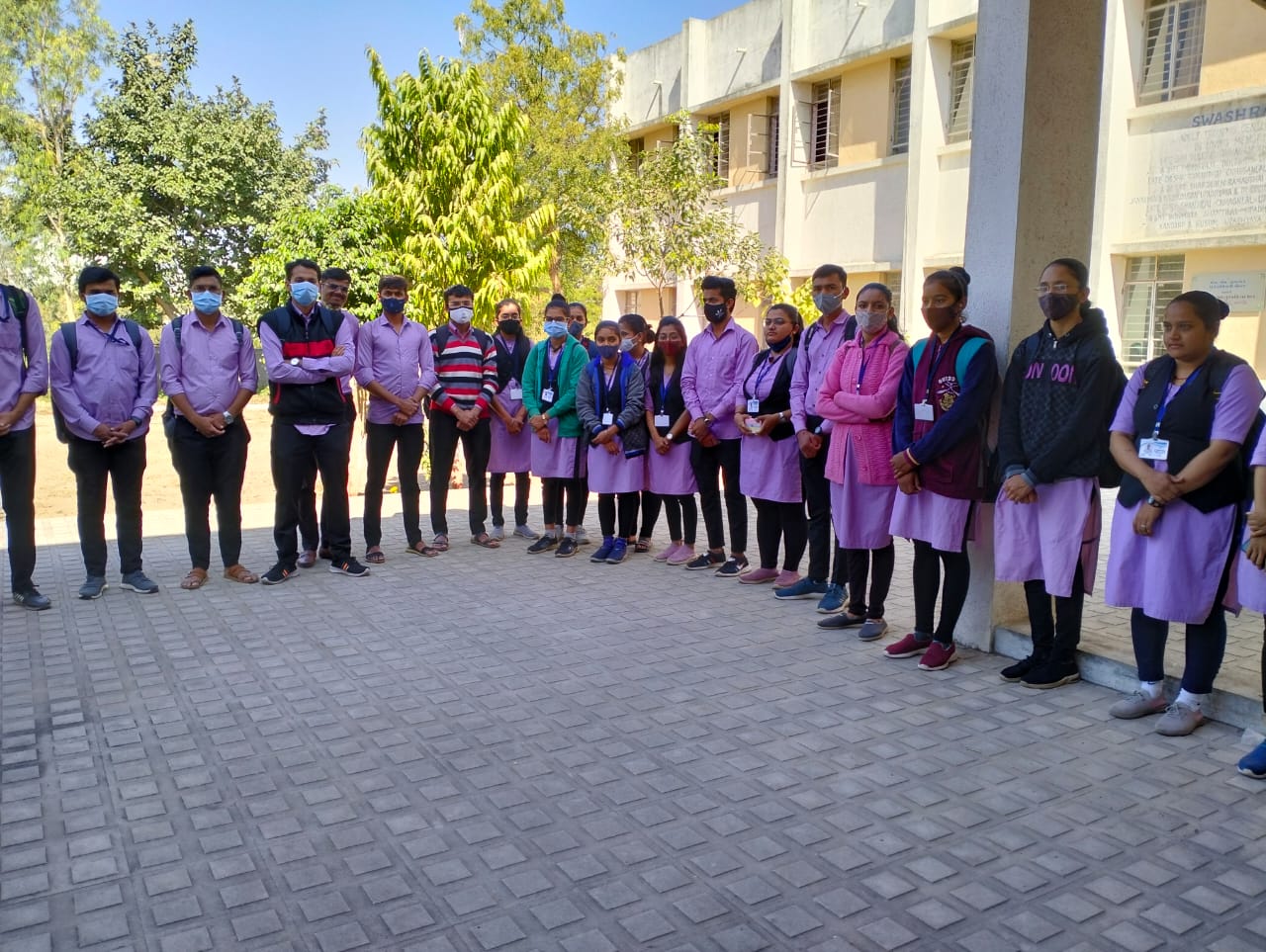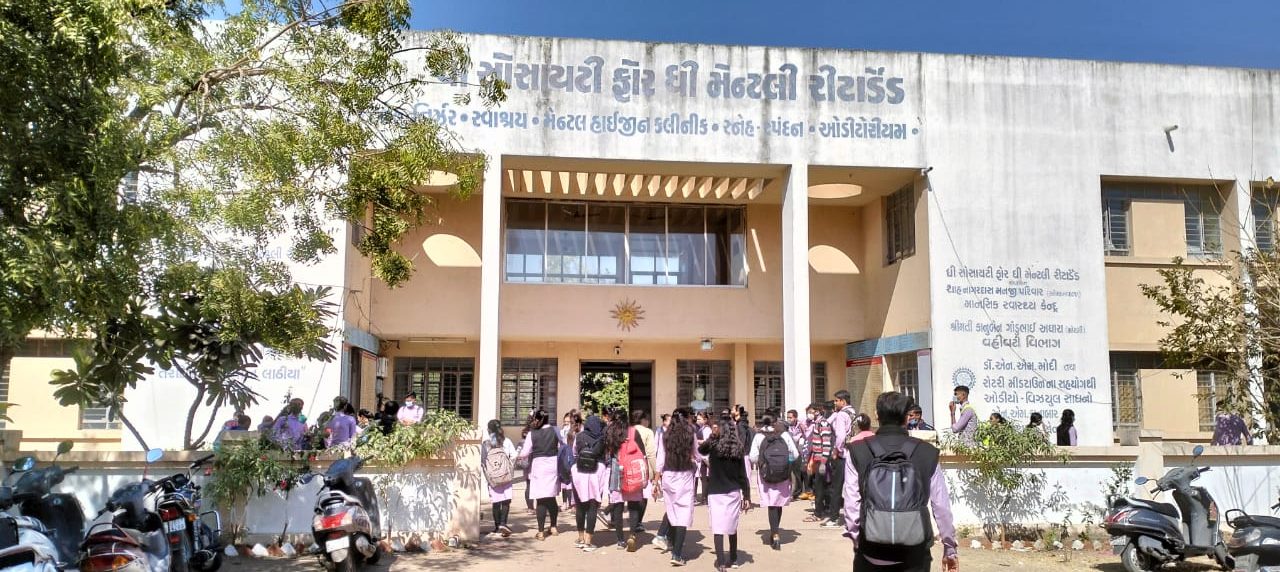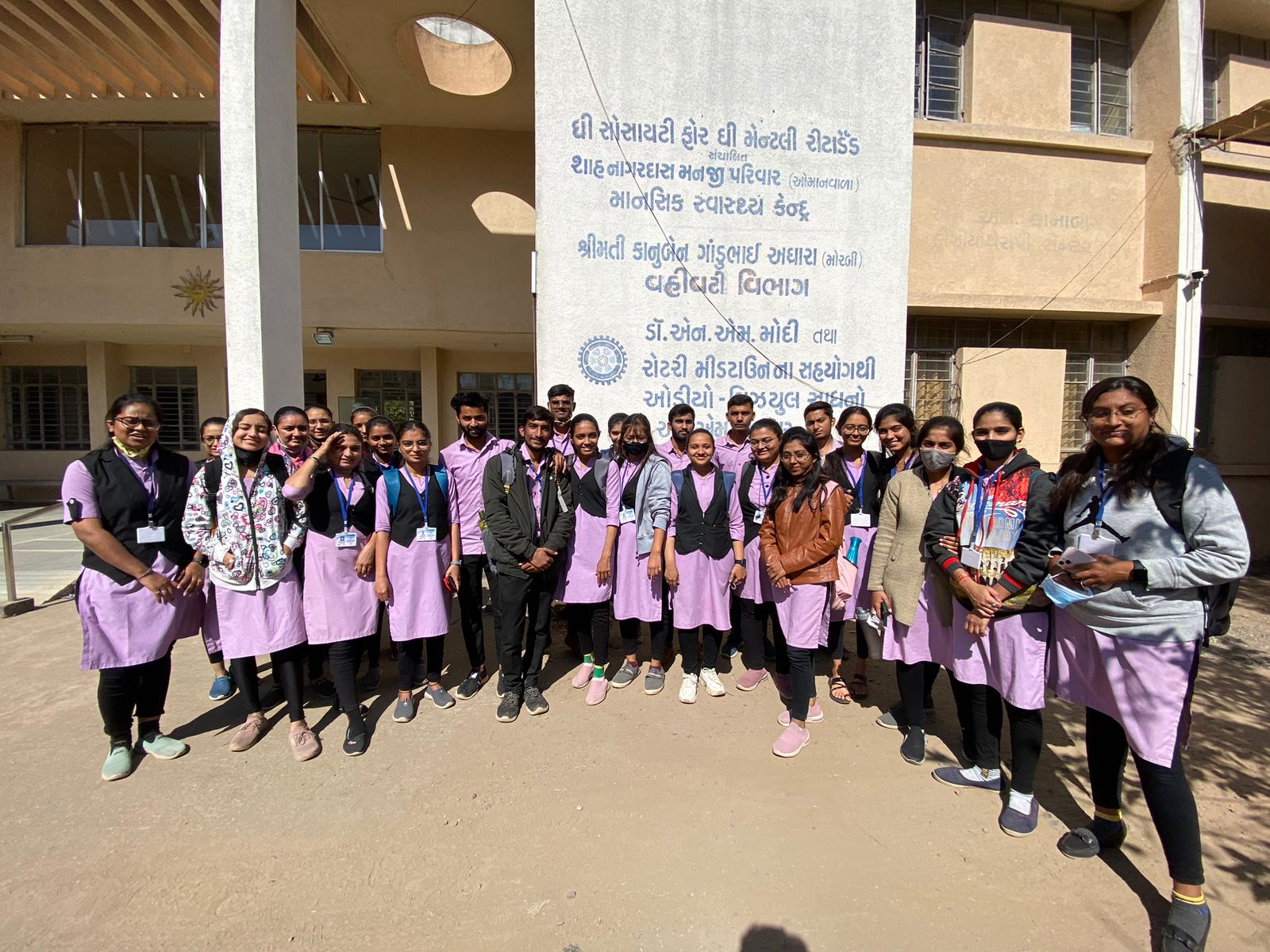Institutional Best Practice: Embracing Diversity at ILT B.Ed College
Best practice 1 Teaching the deprived
The Institute of Language Teaching (ILT) exemplifies a commendable commitment to uplifting the deprived sections of society through impactful educational initiatives. At the heart of this noble endeavor is the rejuvenation of the Rashtriyashala Playhouse, established by Mahatma Gandhi, which had been non-operational for an extended period. Through a strategic Memorandum of Understanding (MOU) with Rashtriyashala, ILT became actively involved, breathing new life into the playhouse.
For the past four years, ILT trainees have wholeheartedly adopted the playhouse, engaging in various activities contributing to its functionality. This hands-on involvement reflects ILT’s dedication to practical, community-based education. Furthermore, ILT played a pivotal role as a partner in the Government of Gujarat’s Wisdom on Wheels project. This initiative targeted children not attending school or the playhouse, ensuring their education under the Right to Education (RTE) Act. Collaborating with Saurashtra University, ILT actively participated in this transformative project, facilitating the enrollment of these deprived children into mainstream schools.
Additionally, ILT’s commitment extends to Sneh Nirzar School for mentally challenged children, where trainees frequently visit. This not only underscores ILT’s vision to teach the deprived but also showcases a holistic approach to inclusive education. ILT’s engagement in these diverse projects reflects a best practice model, emphasizing the importance of community partnerships and hands-on teaching experiences to bring about positive change in the lives of the underprivileged.
Best practice 2 Preparing trainees for Competitive Exams like TET, TAT, CTET
The ILT BEd Institute stands out as a beacon of excellence in teacher preparation, showcasing a comprehensive approach to elevate the standard of teacher training. Subject Knowledge Enhancement is a cornerstone, with a focus on insights from exams like NET, SLET, and PhD entrance exams. Trainees benefit from a robust curriculum that enriches their subject knowledge, ensuring they are well-equipped to impart accurate and up-to-date information to their future students.
Pedagogical Skills Development takes center stage at the institute, emphasizing practical insights into effective teaching methodologies. Trainees receive guidance in critical areas such as lesson planning, classroom management, and student engagement, ensuring they develop the skills necessary for creating an impactful learning environment.
To address the demands of competitive exams like TET, TAT, and CTET, the institute dedicates special time to Test-Taking Strategies Improvement. Trainees are equipped with the tools for success, honing their test-taking strategies, including time management and question analysis.
In recognition of the evolving educational landscape, Technological Literacy Integration is a key component of the institute’s training programs. Collaborating with IT experts, the institute ensures that trainees are adept at leveraging educational technology tools, preparing them for the tech-driven classrooms of today and tomorrow.
Professional Ethics and Values Emphasis is another distinguishing feature, as the institute instills a strong sense of professional ethics through workshops. Trainees are molded to embody principles of integrity, respect, and commitment to holistic development in teaching.
Special Lectures and Workshops featuring experts from CRC and BRC provide trainees with real-world insights, bridging the gap between theory and practice. In conclusion, ILT BEd Institute’s best practices set a commendable model for institutions striving to enhance teacher training standards, embracing a holistic and forward-looking approach.
Rashtriya Shala


SnehNirzar


